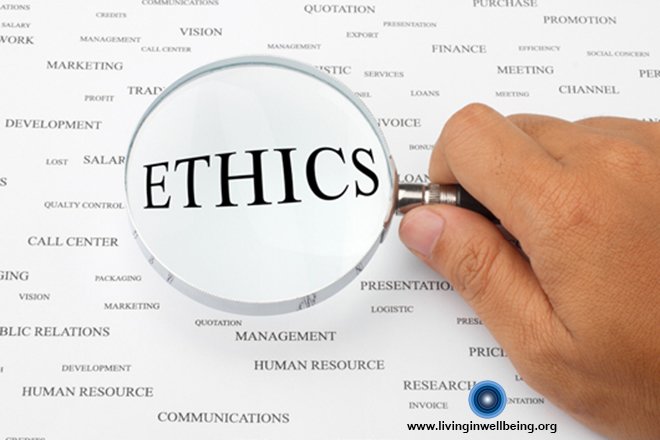
These days, with all the press, attention and political focus on fair trade, all businesses no matter how small should have an ethical policy. This is not a complex or particularly academic document but a statement of commitment to ethical practices in all areas of the business, something which highlights to the competition, to staff and to consumers exactly what you and your company believe in and strive to support at all times.
Ethical policies are often broken down into sections relating to the employment of adults and children, working conditions, forced labour, discrimination, health and safety, environment and recycling and exploitation and fair trade so it is clear to anyone who cares to look exactly what the company in question believes in and the policies they attempt to adhere to at all times. It is not a legal requirement to provide an ethical policy, just as Corporate Social Responsibility is not a legal requirement but it is companies that go above and beyond what the law states that will undoubtedly be ahead of the game and end up bolstering their consumer buy-in and their bottom line.
Each ethical policy you look at will be different from the next but the theory behind them is the same, to ensure that they are setting the standard for their industry, the standard which all other companies will then either meet or exceed and this is the basic theory behind development and healthy competition when it comes to ethical practices. Ethical policies shouldn't be so stringent and prescribed that they allow for no development or management of individual processes or employees, instead they should be fluid and provide guidelines for management and employees alike on how to treat each other, how to create a productive and fair environment and how to trade fairly should trade be something the company is involved in.
Take an ethical fashion label for example, one which produces organic clothing for men, women and children, this is exactly the sort of company which should have an ethical policy in place both for internal reasons and for trade with suppliers of materials and labour. This should set out how goods are produced, that they will for example be the result of honest and fair, decent working conditions, minimal environmental impact due to production and transportation and no exploitation of anyone in the process. Consumers can play their part by following an ethical policy of their own, ensuring they only support businesses who comply with fair trade guidelines.
For a wide range of men's and women's clothing, go online and choose ethical fashion every time for great choice and value and complete peace of mind.












